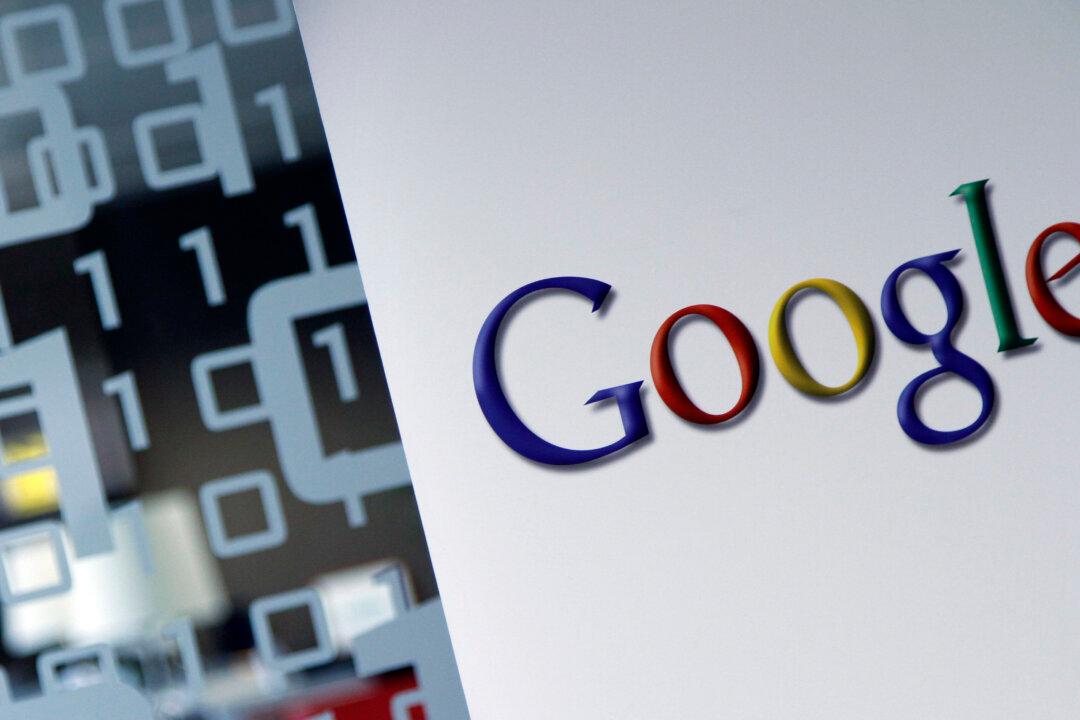The man at the helm of one of the largest software companies in the world announced that he will retire within a year as soon as a successor is found.
Steve Ballmer, CEO of Microsoft, announced today he would be retiring from Microsoft within a year, “after a successor is chosen.” In a letter to Microsoft employees, he further added that “There is never a perfect time for this type of transition, but now is the right time. My original thoughts on timing would have had my retirement happen in the middle of our transformation to a devices and services company focused on empowering customers in the activities they value most. We need a CEO who will be here longer term for this new direction.”
That will bring an end to Ballmer’s 33-year career at Microsoft, beginning in June 1980 when he was hired by co-founder Bill Gates as the company’s first business manager. He joined the company at a time of transition, changing its version of the BASIC programming language to the DOS and later Windows operating systems which would rule the world of personal computing for almost two decades. In the process, Microsoft’s senior rank-and-file became billionaires and Bill Gates the world’s richest man for a period of time.
But even as Microsoft grew, the company’s campaign to dominate the world of personal computing through DOS, Windows and Microsoft Office would make it a lot of enemies. Anti-competitive behavior such as bundling and legal maneuvering, didn’t help its reputation, like it did the bottom line. Later, however, hardware and software giants such as Apple, Sun Microsystems, Oracle and later Google came into being. These companies aligned themselves as they grew to challenge Microsoft in areas such as easy-to-use devices, server hardware, databases and online advertising.
Nevertheless, Microsoft only grew from strength to strength over three decades under first Gates, and then Ballmer. The company reported $77.85 billion in revenue and $26.76 billion in operating income for its fiscal year 2013—50% more revenue and 120% more income than its bête noire Google. Despite looming threats, the company’s cash cows Windows, Office as well as business and enterprise solutions have dominated the software industry for decades now.
But the company faces challenges on other fronts, and its lack of real innovative products for years have had investors worried and calling for Ballmer to step down and retire. The company watched Apple dominating the smartphone and tablet industry with its iPhone and iPad. Google on the other hand beat Microsoft in the online world and swept up what was left of the mobile space with the Android operating system.
So far it is unclear who will step in to replace Ballmer. Microsoft announced a corporate reorganization a few months ago that puts devices and online services front and center of the company. Rumors abound that Bill Gates, who stepped down as CEO in 2000, might return to take over the helm.
While Microsoft has seen its market cap slide over the past few years as it fell below first Apple’s and then Google’s, the company has over $142.43 billion in cash and assets—which it will need to stay relevant in the market.




